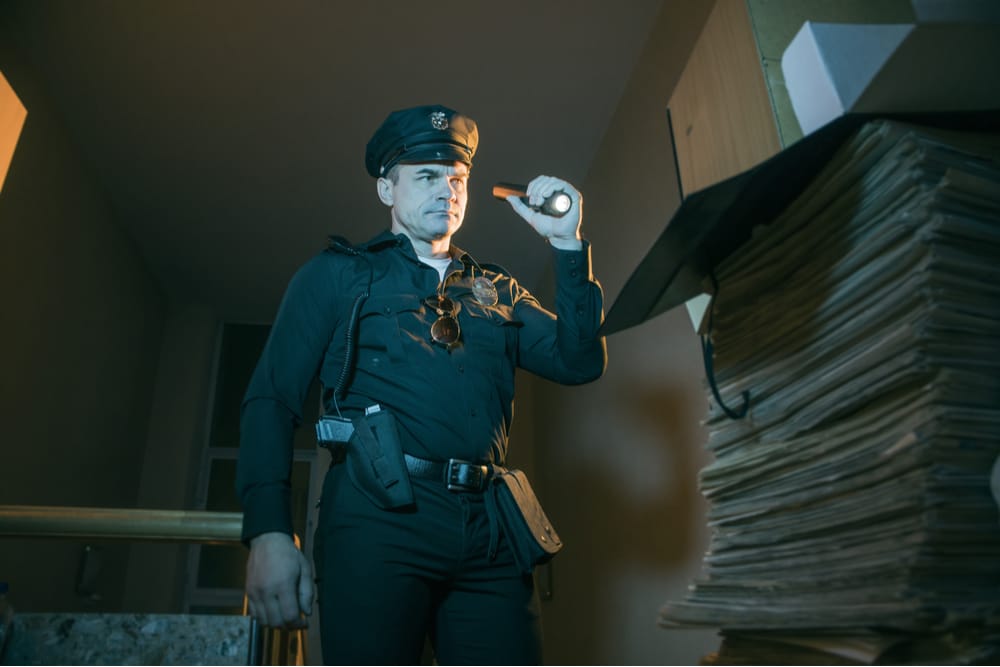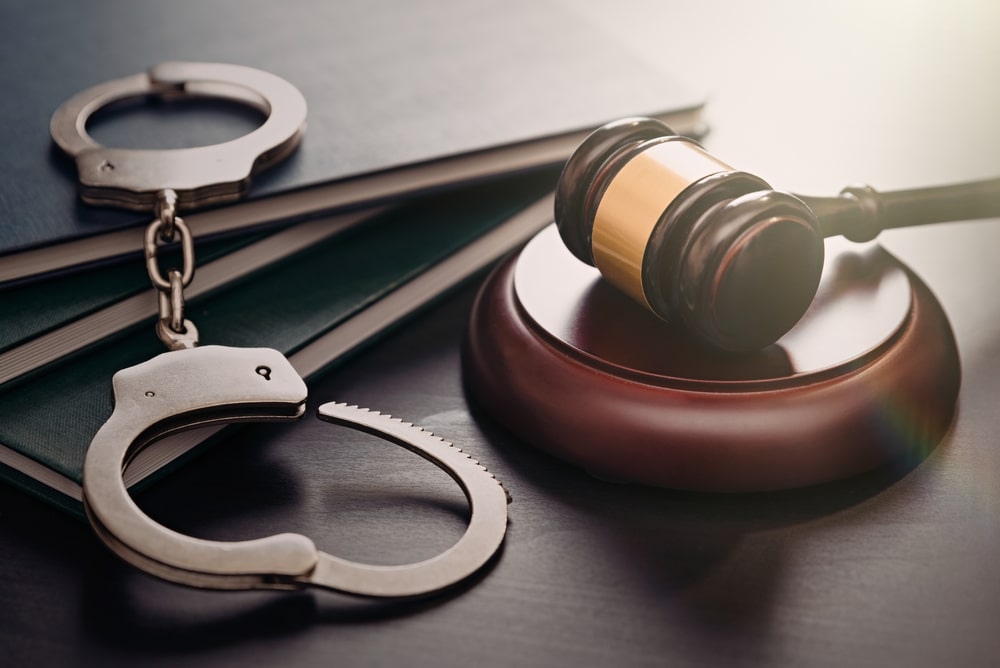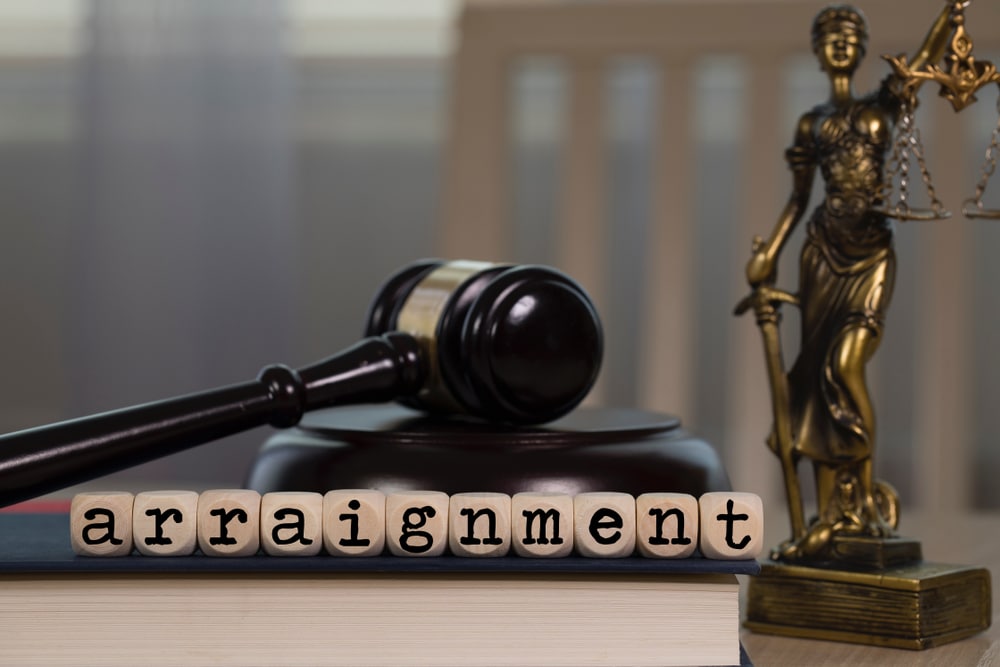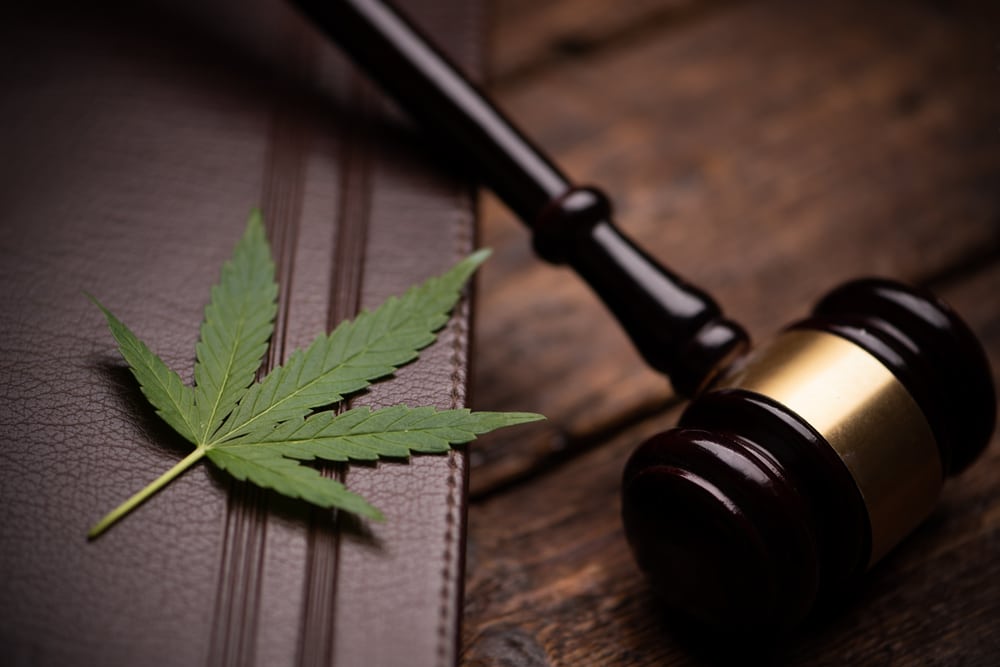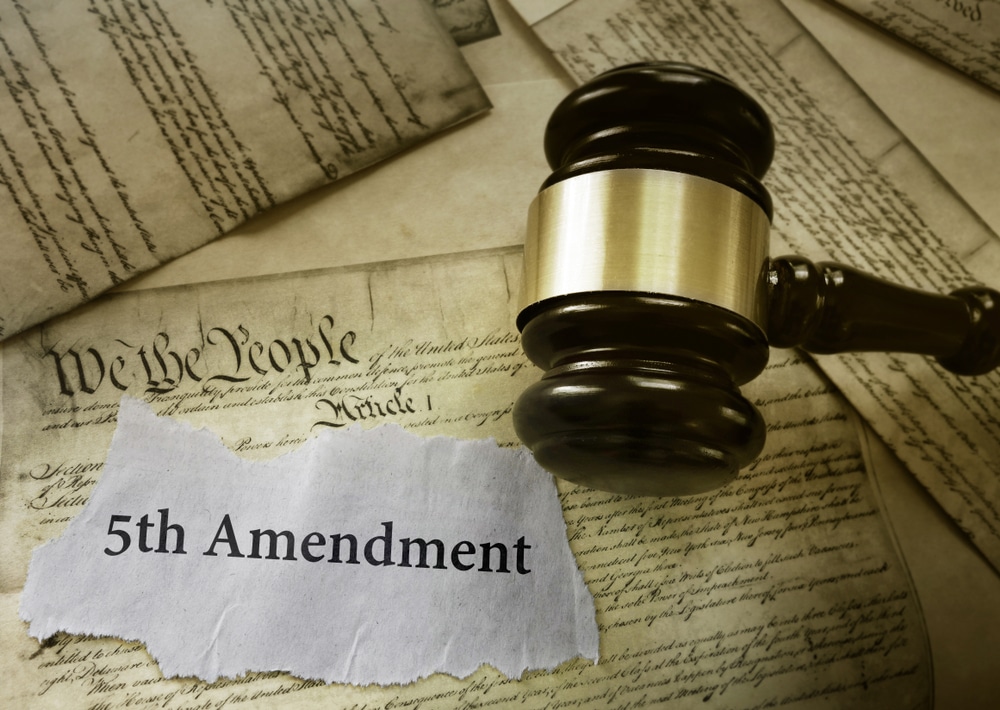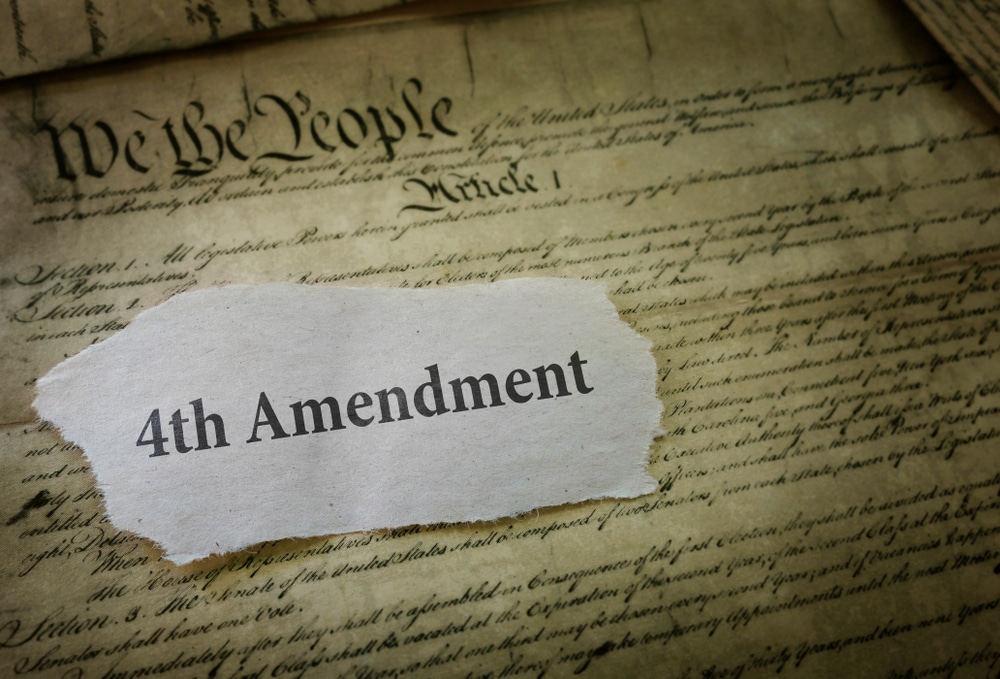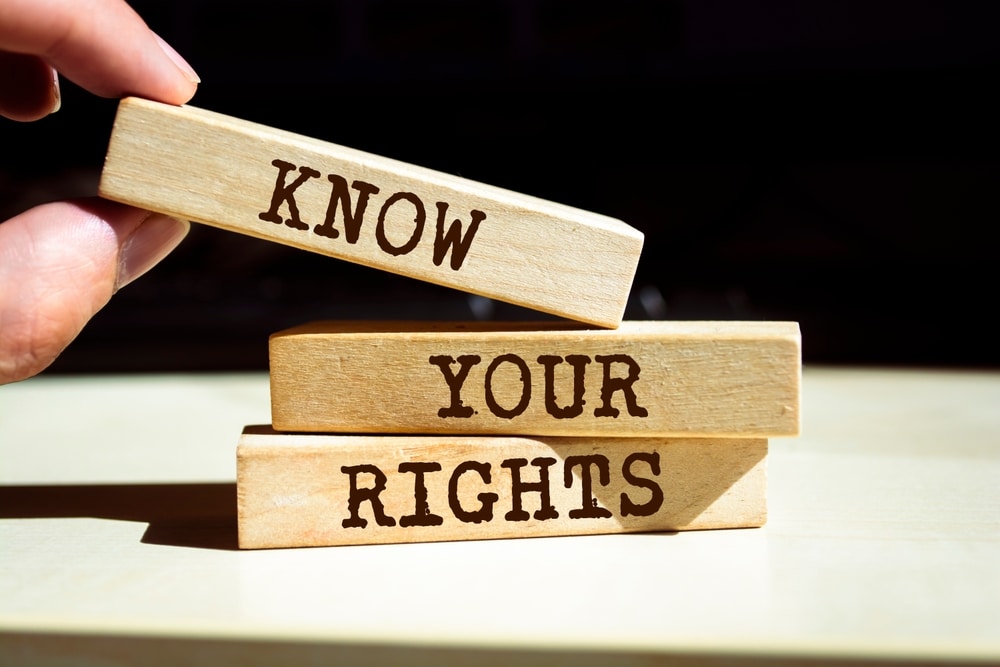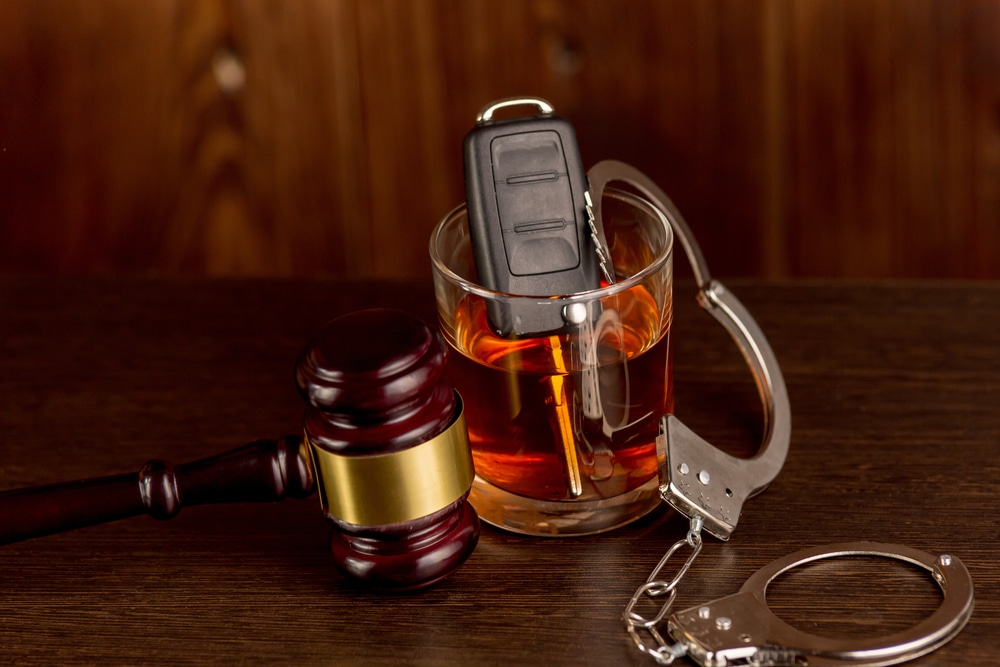If there is a criminal case being built against you, the first place police usually search is your home or residence.
Events like the March 2020 shooting death of Breonna Taylor—an unarmed Kentucky woman killed while in bed—have put the spotlight on law enforcement. Many are asking about the legal way police are supposed to serve warrants and when they must identify themselves if they come to your home. Police in New York do not execute every search warrant like a raid, as in the Taylor case.
When serving a conventional knock-and-announce warrant in New York, police are supposed to:
- Identify themselves and their reason for being there, and
- Give you a chance to answer the door and comply with the warrant before trying to force their way in.
Privacy and Your Protections: When Police Need a Search Warrant
This harkens back to the discussion about the search and seizure of your car. The same is true when police search your home. The United States Constitution’s Fourth Amendment guarantees security against unreasonable searches, seizures, and interceptions. In cases where the police have probable cause, they must “describe the place to be searched, and the persons or things to be seized.”
In a non-emergency situation, this requirement acts to limit the scope of the executing officers. It should limit them to look in places where the described object could be expected to be found. The property in your house is generally considered private. Police need a search warrant issued by a judge to enter and gather evidence.
It’s important to know that landlords or roommates do not have the authority to allow police to search your belongings. It’s a cliched situation often seen on film and television just to move the story along. But in reality, that would be an unlawful search – the sort of thing strategic NYC criminal defense lawyers would look for to have evidence dismissed.
Officers perform illegal search and seizure if:
- They search your property without a warrant,
- You have a reasonable expectation of privacy,
- If you have not been arrested.
The founders of D’Emilia Law are former NYC prosecutors. We handled countless cases where the police acted unlawfully in the methods listed above. This resulted in favorable outcomes for the defendants whose cases were dismissed or had charges severely reduced. Whenever possible, make a note or record any interaction with the police in your home, so that you have evidence of how they conducted their search.
When Police Do Not Need A Search Warrant
As mentioned above, you can reasonably expect privacy in non-emergency situations. But the protections change amid emergency situations. For example, if police are in active pursuit of you and you run through or exit your home, it can later become a crime scene, which they will search. Further, if they suspect you are destroying evidence, they can take prompt action to seize the evidence and prevent you from damaging it.
Hopefully, your interactions with the police are peaceful, despite how nerve-racking it can be. It is important to note that your consent for them to enter and search for evidence – with or without a warrant – allows them to take any evidence they find legally.
The laws governing probable cause and the Fourth Amendment can be complex and these tips are just a starting point. Every case is unique. If you believe the police have unlawfully searched your home for any reason, you should immediately call a New York criminal defense attorney.
D’Emilia Law maintains that an arrest is not the end of your life. It is not the same as a conviction. A strong and strategic defense can uphold your innocence, keep you out of jail and reduce your charges and fines. If you or a loved one has been charged with any crime in New York, contact D’Emilia Law, criminal defense lawyers in NYC, for a consultation.

